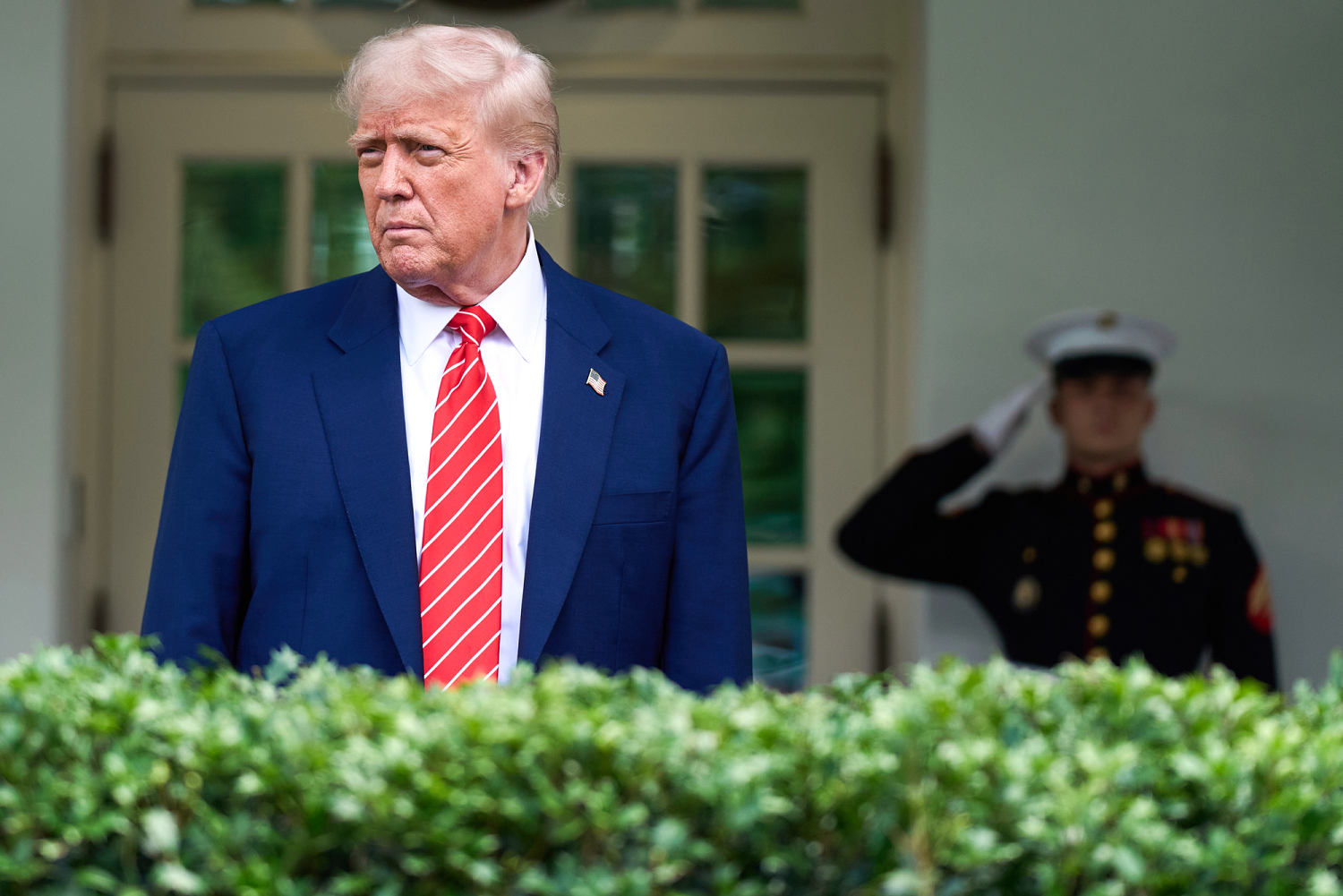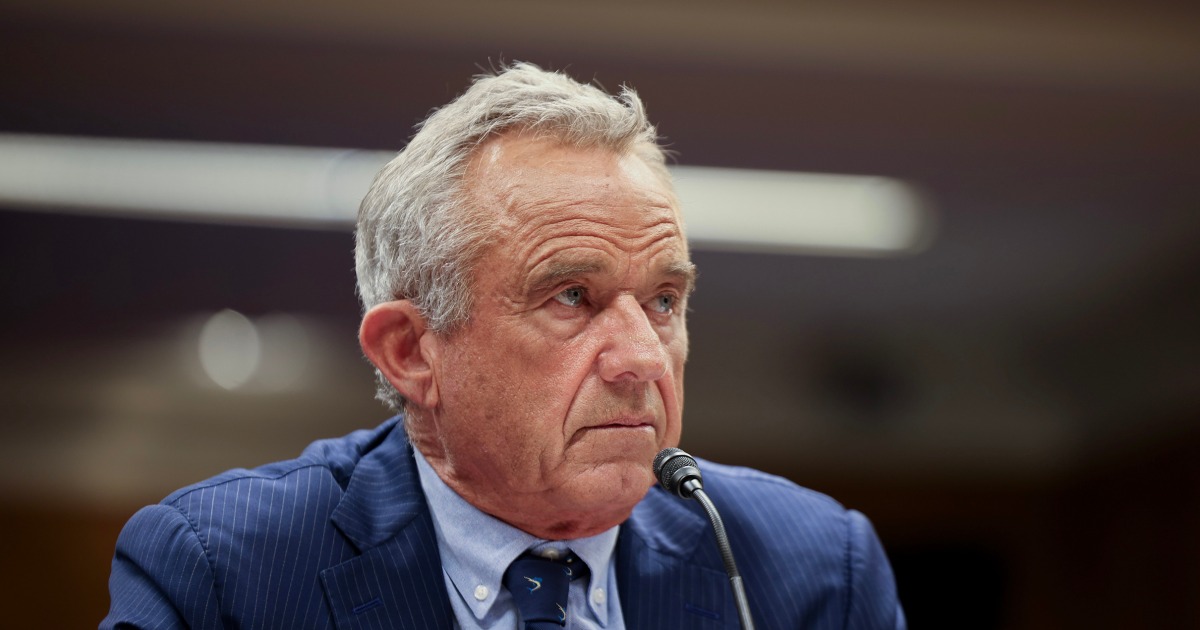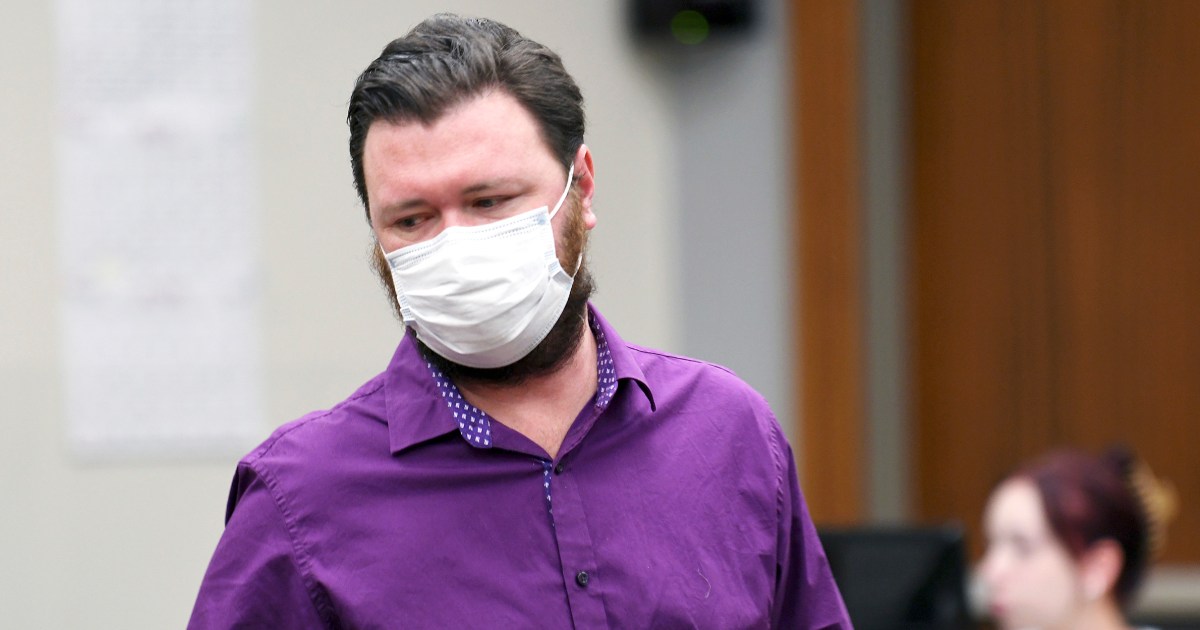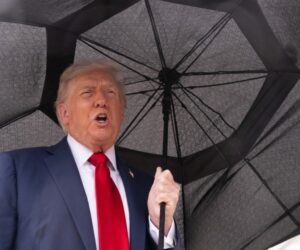
WASHINGTON — President Donald Trump is increasingly relying on a small group of advisers for critical input as he weighs whether to order U.S. military action in Iran targeting its nuclear program, according to two defense officials and a senior administration official.
At the same time, another senior administration official said, Trump has been crowdsourcing with an array of allies outside the White House and in his administration about whether they think he should greenlight strikes in Iran — a question that has divided his core supporters.
Despite routinely asking a broader group of people what they think he should do, Trump tends to make many decisions with just a handful of administration officials, including Vice President JD Vance, White House chief of staff Susie Wiles, deputy chief of staff Stephen Miller and Secretary of State Marco Rubio, who is also the interim national security adviser, the senior administration official said. Trump also leans on his Middle East envoy, Steve Witkoff, when he weighs decisions that fall under his portfolio, the official said.
As he decides whether to directly involve the United States in a war with Iran, Trump has expanded his circle in some ways while shrinking it in others. He has sidelined National Intelligence Director Tulsi Gabbard, who opposes U.S. strikes in Iran, and he has not been routinely turning to Defense Secretary Pete Hegseth as part of his decision-making process, according to the two defense officials and the senior administration official.
Defense Department spokesman Sean Parnell pushed back against the notion that Hegseth has not been heavily involved.
“This claim is completely false. The Secretary is speaking with the President multiple times a day each day and has been with the President in the Situation Room this week,” Parnell said in a statement. “Secretary Hegseth is providing the leadership the Department of Defense and our Armed Forces need, and he will continue to work diligently in support of President Trump’s peace through strength agenda.”
Trump is listening to Gen. Dan Caine, the chairman of the Joint Chiefs of Staff; Gen. Erik Kurilla, the commander of U.S. Central Command; and CIA Director John Ratcliffe, the two defense officials and a former administration official said.
White House press secretary Karoline Leavitt told reporters Thursday that Trump will decide whether the United States should get involved in the Israel-Iran conflict within the next two weeks.
In contrast to virtually every president before him since World War II, Trump does not rely on senior officials to carefully prepare foreign policy and military options and then discuss them with him in a structured, deliberate way, according to two sources with knowledge of the matter.
He discusses foreign policy with officials in his administration, as well as a myriad of foreign leaders and contacts outside the government. But those discussions are more informal and freewheeling. As a result, there are arguably fewer opportunities for officials or senior military commanders to question his assumptions or raise concerns about a course of action, the two sources said.
When Trump announced last month that he was lifting sanctions on Syria after he met with Saudi Crown Prince Mohammed bin Salman, senior officials were taken by surprise, the two sources with knowledge of the matter said. Treasury Department officials had no warning that he would make such an announcement, and no technical preparations had been made to carry out a step that required discussions with foreign banks and Syrian government officials, the sources said.
Since he returned to the White House in January, Trump has drastically scaled back the National Security Council, which traditionally collaborates with other federal agencies to craft policy options and outline their possible consequences, particularly when it comes to possible military action.








